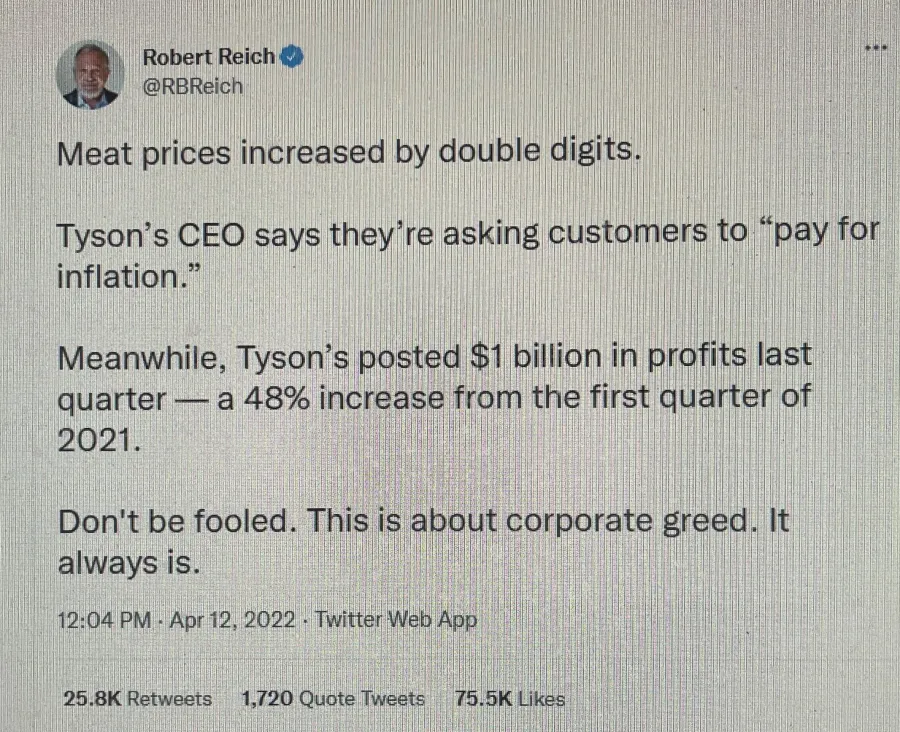Democracy is on the line Nov. 8

By BERRY CRAIG
AFT Local 1360
Inflation, the Ukraine war, gasoline prices, the covid-19 pandemic -- none of these issues are as important as preserving the democratic order,” a recent Washington Posteditorial argued. “Americans should vote like it.”
Republicans fervently hope they won’t. Historian Brian Clardy fears they won't.
“Most Americans vote their pocketbooks—on issues like inflation and gas prices,” explained the Murray State University professor. “They focus on issues that seem most immediate to them at the time.”
He cited the 1980 presidential election in which Republican Ronald Reagan challenged incumbent Democrat Jimmy Carter.
Reagan blamed Carter for the rising cost of gas prices though they stemmed from the 1978-1979 revolution in Iran in which oil production dropped dramatically in that major OPEC country. In the U.S. prices soared from 63 cents a gallon in late 1978 to $1.31 in early 1981. Never before had gas in the U.S. sold for more than a dollar a gallon, according to Arthur van Benthem, a Wharton professor of business economics and public policy.
“Could Carter have contained that?” Clardy asked. “Probably not. But it happened on his watch, and all Reagan had to do was ask the question, ‘Are you better off today than you were four years ago?’ High gas prices plus the Iranian hostage crisis doomed Carter’s presidency.”
Clardy said Biden’s policies didn’t lead to $4-plus a gallon gas and zooming inflation. “That’s clearly linked to the covid-19 pandemic and supply chain issues that are largely beyond the president’s control.”
Price gouging is another significant factor. "Meat prices increased by double digits," professor and former U.S. labor secretary Robert Reich tweeted. "Tyson’s CEO says they’re asking customers to 'pay for inflation.' Meanwhile, Tyson’s posted $1 billion in profits last quarter — a 48% increase from the first quarter of 2021. Don't be fooled. This is about corporate greed. It always is."
Even so, if the polls are right, the Democrats are likely to lose the House and maybe even the Senate on Nov. 8.
“If that happens,” Clardy predicted, “the Republicans will be in striking distance of taking back the presidency in 2024. If they do, we’ll see more voter suppression laws and all types of laws stripping us of rights we thought were guaranteed, and the American republic—our experiment in democratic government—will be finished.”
The Post editorial was written in response to state Sen. Doug Mastriano’s victory in Pennsylvania’s GOP primary for governor. An ardent Trumper, Mastriano is “one of the country’s most ardent deniers of the 2020 presidential election result” the paper pointed out, warning, “If Mr. Mastriano is elected in November, he could directly threaten U.S. democracy going forward....
“Mr. Mastriano’s alarming rise, and that of other election deniers who have won GOP primaries this year, call for two urgent responses. General election voters must reject candidates who, either through delusion or partisan calculation, deny valid election results....
“In the meantime, members of Congress must update and clarify the laws that undergird the nation’s democratic system, starting with the ancient Electoral Count Act. It should be impossible for a partisan congressional majority or the vice president to overturn a presidential election, or for a governor to submit a batch of fake electors. A careful reform would raise the bar for federal lawmakers to object to states’ electors while also ensuring sufficient court supervision over state election officials’ actions. A bipartisan group of senators led by Susan Collins (R-Maine) and Joe Manchin III (D-W.Va.) is working on a bill. They must hurry; the window they have to legislate before this year’s midterms, when control of Congress could be turned over to Republicans, is closing fast.”
So far, the Collins-Manchin measure seems to be going nowhere.